One species of megafauna particularly impacted by climate change, is the polar bear. Considered “Vulnerable” by the IUCN Red List, less than 31,000 individual bears roam the Arctic and surrounding regions of Greenland, Canada, Alaska, Russia, and Svalbard. As Polar Bears are pagophilic (species that live on ice), they are severely threatened by the decline in sea ice due to climate change. A decline in sea ice is particularly problematic as it reduces access of the bears to favored marine prey species, hence increasing the risk of malnutrition and starvation. Additionally, a reduction of sea ice is leading to increased human-wildlife conflict as bears spend more time on land. Other than climate change, Polar Bears are threatened by pollution, energy development, and hunting by both native and non-native people for their coats.
Polar Bears are not only the largest species of bear but also the largest terrestrial carnivore, with males reaching up to 800kgs. Their range often overlaps with the closely related brown bear. There have been records of the two species interbreeding.
On this episode of the Think Wildlife Podcast, I interview Krista Wright, the Executive Director of Polar Bear International. We discuss not only the conservation of the Polar Bear but also the great work the organization is doing to conserve the species.
If you enjoyed this podcast, do not forget to share and subscribe! You can also listen to The Think Wildlife Podcast on other platforms, such as YouTube, Spotify and iTunes.


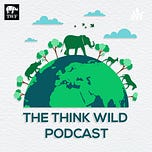


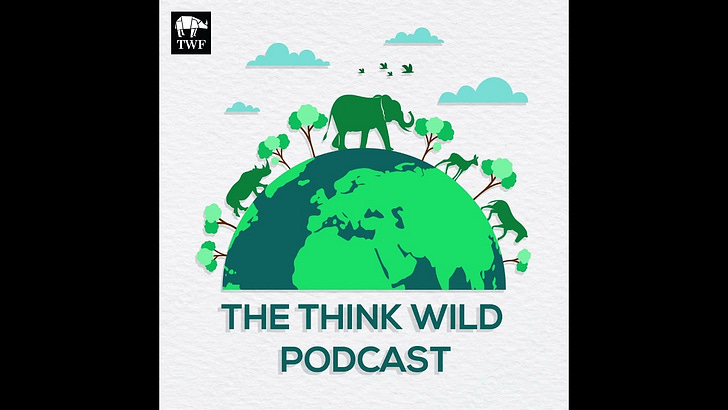




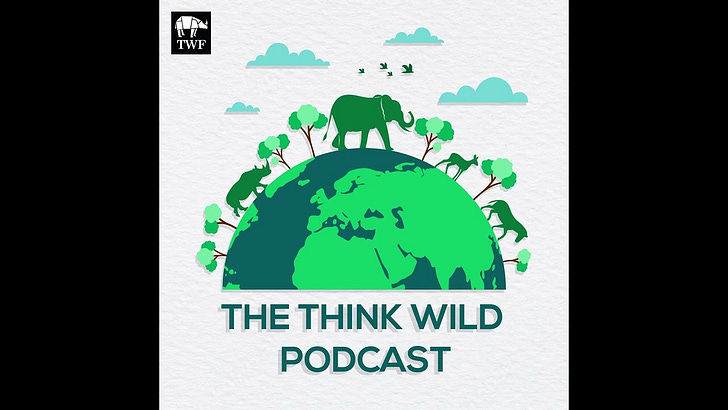
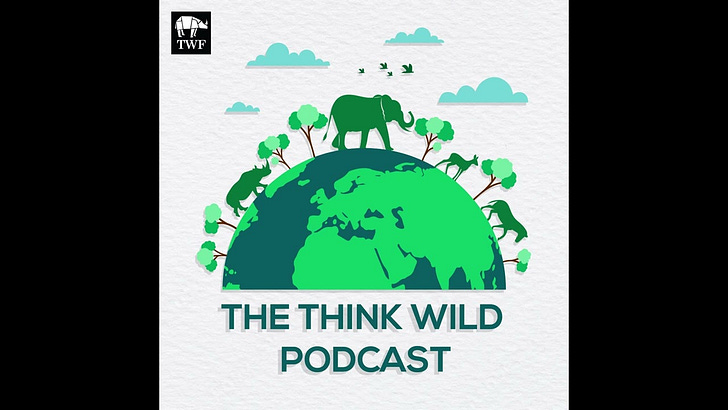
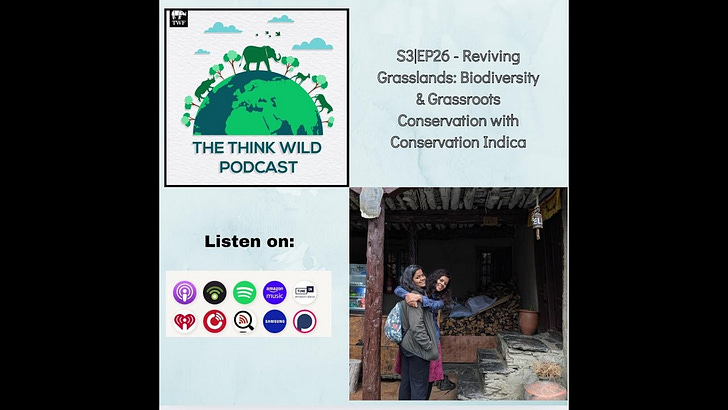
Share this post